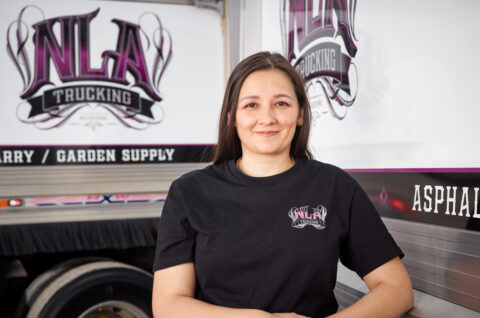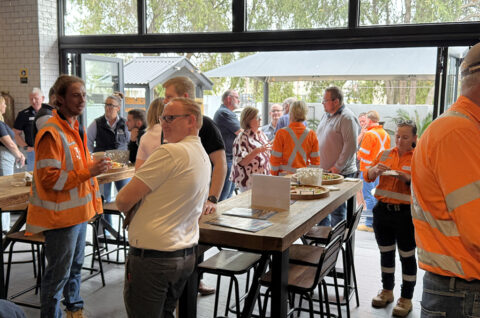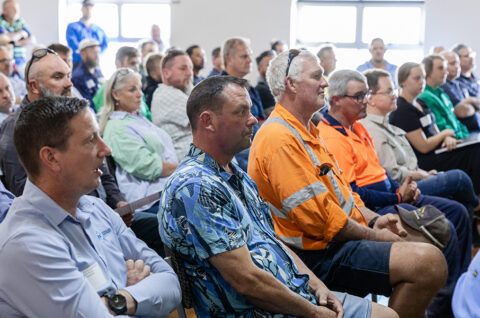We acknowledge that Inland Rail will be built and operated on the traditional lands and waters of many First Nations people and communities
We value our relationships with First Nations communities and recognise their inherent connection to the land, including their historic and ongoing responsibility of stewardship and care for Country.
We aim to deliver and operate Inland Rail with the least possible environmental, cultural heritage, and social impacts, while providing benefits at a local, regional and national level.
We will be consulting with First Nations leaders at every opportunity to ensure progress on Inland Rail is carried out in cooperation with those First Nations communities.
Key links
Our Indigenous Participation Plan
The Inland Rail Indigenous Participation Plan sets out our commitment to working in partnership with Indigenous communities to create meaningful opportunities that deliver lasting benefits for individuals, families and communities.
We show our respect for First Nations communities and our working relationships by:
- proactively engaging with First Nations communities and their leadership, including Elders, to develop partnerships based on mutual respect and understanding
- making an Acknowledgement of Country at our meetings and events, and ensuring there is a Welcome to Country for significant events
encouraging cross-cultural exchanges and cultural learning opportunities for all Inland Rail employees and contractors - celebrating our First Nations cultures at a local and regional level, supporting and participating in NAIDOC celebrations and other community events
- where practical, working with Traditional Owners to find suitable names in traditional language and incorporate Indigenous cultural design in key pieces of infrastructure
- encouraging participation of First Nations community members in our Community Consultative Committees.
We are building positive working relationships with First Nations cultural knowledge holders to promote understanding and help manage potential heritage impacts.
To achieve our cultural heritage goals we will:
- meet all statutory and regulatory obligations under relevant cultural heritage legislation
- where practical, manage cultural heritage by agreement with Aboriginal cultural heritage parties
- develop systems and processes to ensure Inland Rail’s agreed heritage management commitments are met
- provide opportunities for Inland Rail employees and contractors to learn about our First Nations communities’ cultural heritage from elders and other cultural knowledge holders.
We are committed to creating opportunities for the development of skilled First Nations workers through the construction and operation of Inland Rail.
To support this goal, we will work closely with our First Nations community networks to encourage applications and increase the number of First Nations peoples applying for vacancies.
We are committed to supporting Indigenous businesses to ensure they are prepared for and provided with opportunities to participate in Inland Rail.
As part of this commitment, we have engaged two dedicated Indigenous Participation Advisors in regional towns near the alignment. The advisors will help Indigenous communities to get ready for Inland Rail by building skills and business capacity.
Preserving First Nations cultural heritage
We are committed to protecting and preserving First Nations cultural heritage during all stages of the project delivery cycle. We do this through working collaboratively with First Nations parties across project areas to protect and manage all cultural heritage.
We acknowledge that First Nations people own their heritage and have the right to speak to its management and meaning.
We support First Nations people to teach and share the findings of cultural heritage investigations with those in the broader community. This may include cultural heritage materials, archaeological investigations and results. However, we appreciate that not all information is suitable to share more broadly due to legal or cultural protocols.
We acknowledge cultural heritage extends beyond physical places, sites and objects to stories lore, song lines, traditions, beliefs, customs and ceremonies.
All cultural heritage assessment results are registered with the appropriate authorities and databases to further ensure their protection for future generations. This includes information about sites and how they are being and should be managed.
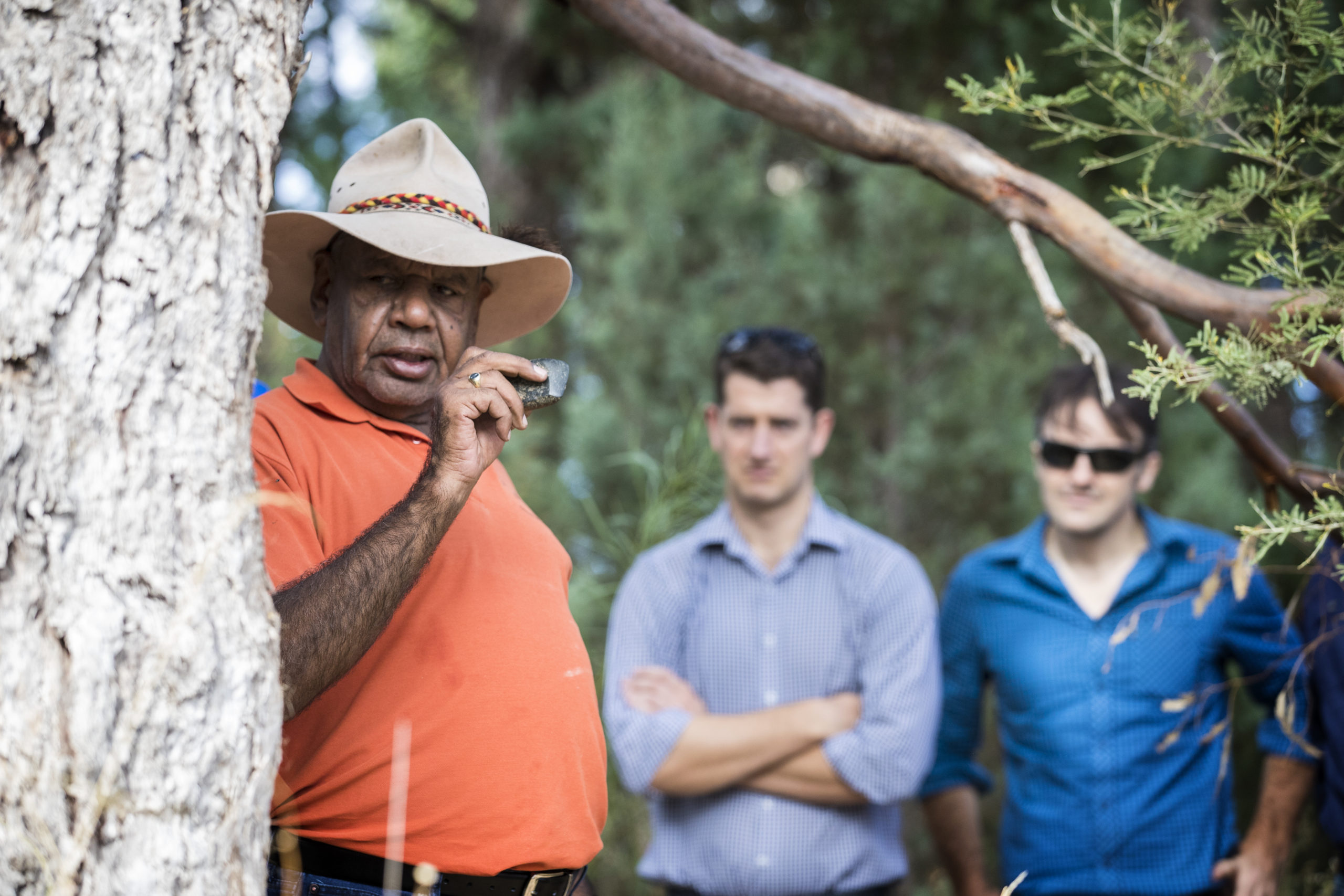
Preserving cultural heritage
First Nations physical cultural heritage can be recorded and preserved for future generations through appropriate mitigation and management, including:
- archaeological investigations, and protection of sites
- retaining cultural heritage on site
- artefact recovery
- artefact relocation
- photographic recording.
We work with local First Nation parties to identify and implement appropriate management measures of cultural heritage sites, objects and places.
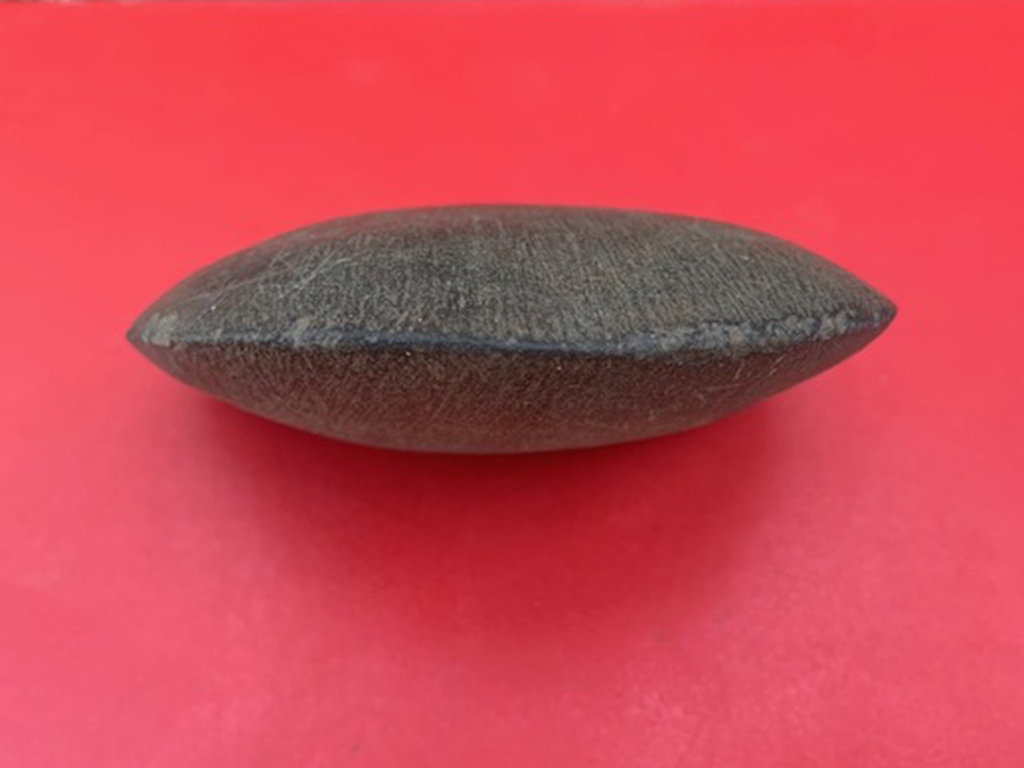
Ground edged stone axe
Managing First Nations cultural heritage
First Nations cultural heritage is protected under Commonwealth and state legislation, providing a framework for the preservation and protection of cultural heritage objects, sites and places.
We work collectively with First Nation parties to develop agreements, plans and methodologies to undertake on-site inspections and assessments. These provide the management framework for the protection and preservation of cultural heritage.
Nationally, First Nations cultural heritage is acknowledged through the Native Title Act 1993. The Act ‘recognises the rights and interests of Aboriginal and Torres Strait Islander people in land and waters according to their traditional laws and customs.’
In the three states that Inland Rail crosses, explicit legislation provides recognition, protection, and conservation of Aboriginal cultural heritage. Specifically:
- Victoria – Aboriginal Heritage Act 2006.
- New South Wales – Part 6 of the National Parks and Wildlife Act 1974 provides the framework for the development and implementation of Cultural Heritage Management Plans. This ensures blanket protection for First Nations cultural heritage that includes Aboriginal objects and Places, irrespective of their level of significance or the land tenure; as well as the Due Diligence Code of Practice for the Protection of Aboriginal Objects in New South Wales.
- Queensland – Aboriginal Cultural Heritage Act 2003. This includes the ‘cultural heritage duty of care’ understood as the requirement to take all reasonable and practicable measures to ensure activities do not harm Aboriginal cultural heritage.
Working with contractors
We look for opportunities to contract First Nations businesses directly through our day-to-day operations, drawing on local networks and utilising First Nations business directories such as Supply Nation.
However, the majority of contracting and employment opportunities for our project design and construction work are realised in the supply chains established with our major contractors. We are working closely with these contractors to ensure that Indigenous participation targets are set and achieved.
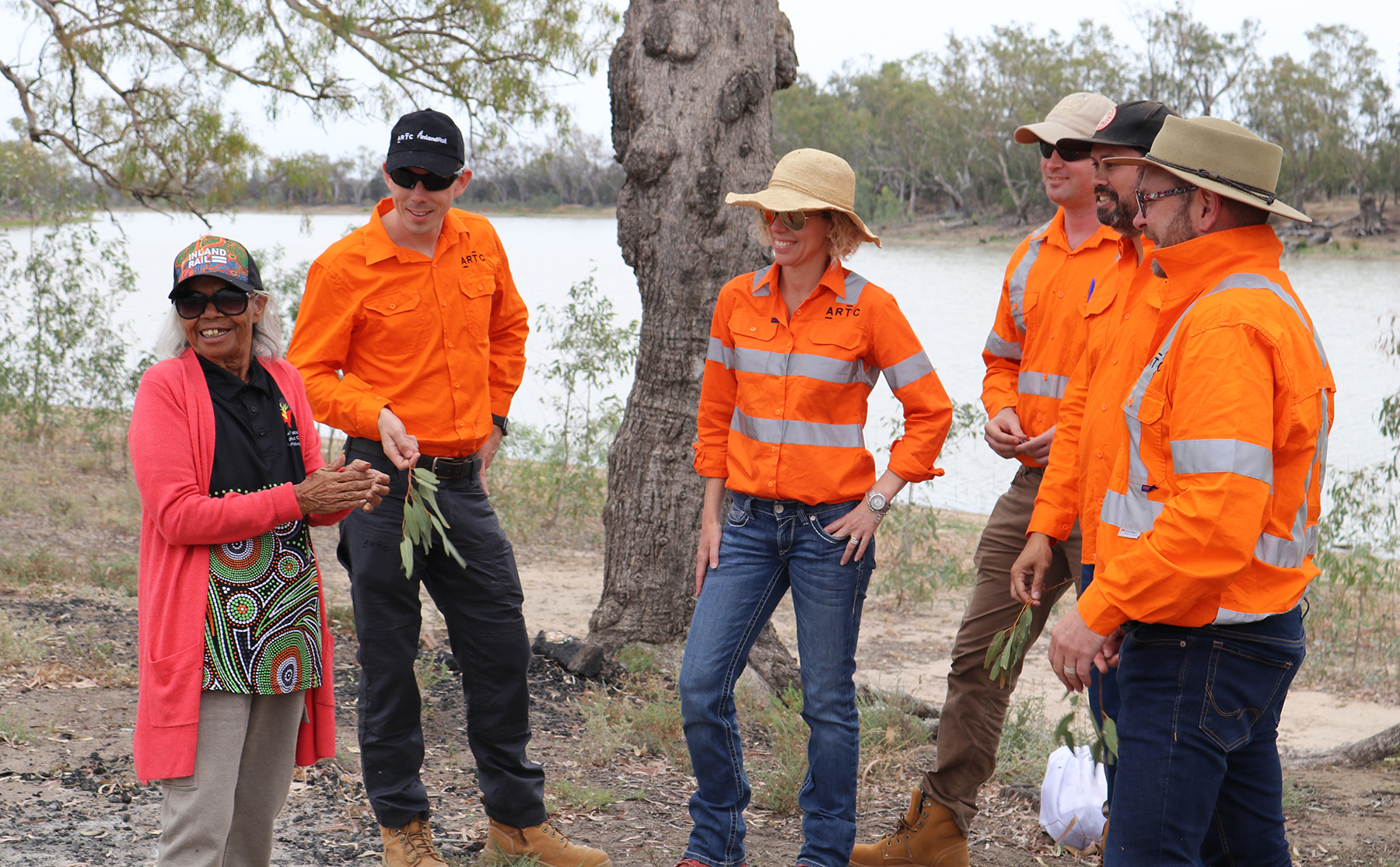
Find out more
For more information about how Inland Rail is working with First Nations communities, please phone 1800 732 761 or email us:
- Cultural heritage enquiries: irculturalheritage@inlandrail.com.au
- General enquiries: inlandrailenquiries@inlandrail.com.au
